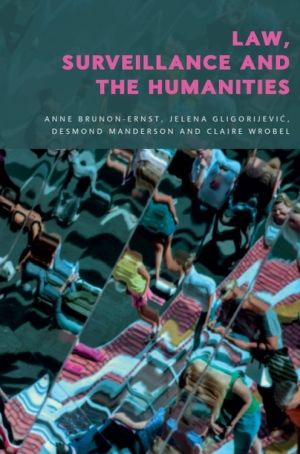
What do Margaret Atwood or Gulliver’s Travels have to do with Facebook, Tik Tok or COVID-19 and issues of surveillance?
The growing sophistication of surveillance practices has given rise to concerns and discussions in the public sphere, but has also provided a popular theme in literature, film and the arts. Bringing together contributors across literary studies, law, philosophy, sociology, and politics, this book examines the use, evolution, legitimacy, and implications of surveillance.
Drawing on a range of resources including literary texts, chapters explore key issues such as the use and legitimacy of surveillance to address a global health crisis, the role of surveillance in the experience of indigenous peoples in post-colonial societies, how surveillance interacts with gender race, ethnicity, and social class, and the interaction between technology, surveillance, and changing attitudes to expression. It shows how literature contributes innovative ways of thinking about the challenges posed by surveillance, how philosophy and sociology can help to correct biases and law and politics can offer new approaches to the legitimacy, use and implications of surveillance.